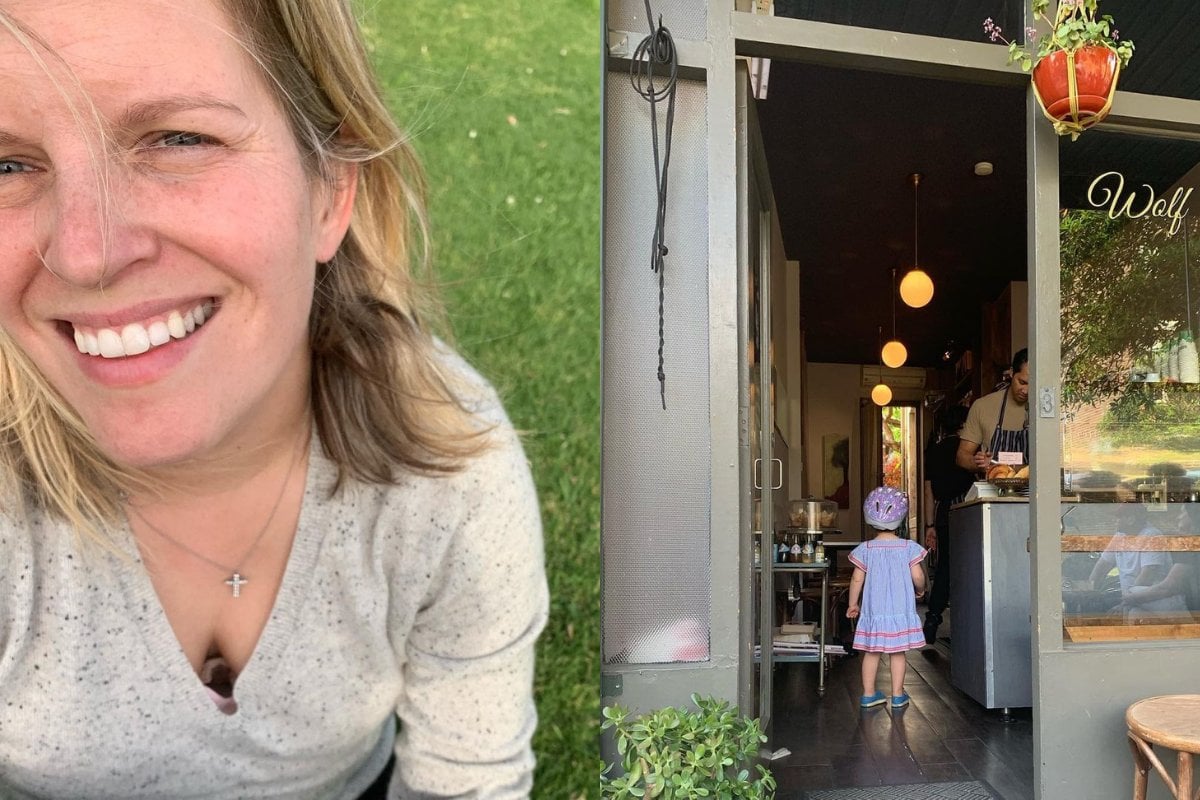
The last 18 months have taught us a lot about the importance of resilience.
For parents trying to raise resilient kids during this tumultuous time in history, it is especially difficult.
We sometimes think that by clearing all the messy, hard, and challenging stuff out of their way, we can make it happen. But by protecting our kids from all the bad, we're actually doing more harm than good.
Watch: Be a good mum. Post continues below.
Daisy Turnbull is a teacher and director of wellbeing at St Catherine’s School in Sydney, and she’s also a mum-of-two and author of 50 Risks to Take With Your Kids.
Daisy chatted to Mia Freedman on the No Filter podcast about the surprising link between taking risks and building resilience.
Listen to Mia's chat with Daisy here. Post continues below.
Here are some of the most unexpected ‘risky’ things Daisy says that we can do to help our kids grow into resilient adults.
Let them ‘level-up’ in their own time.
As a busy parent it can be easier to keep doing everything for your kid so you can actually leave the house in the morning.

